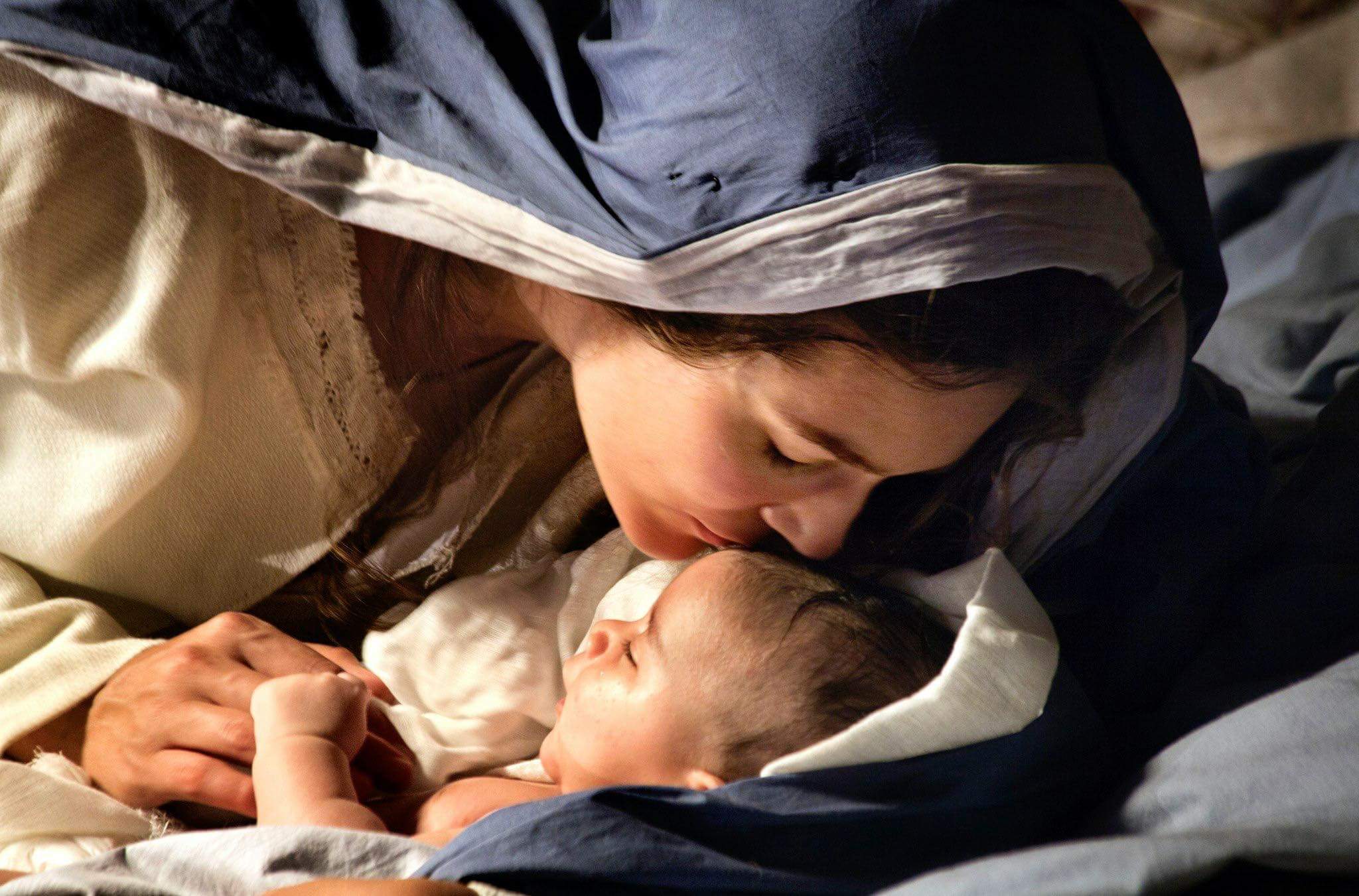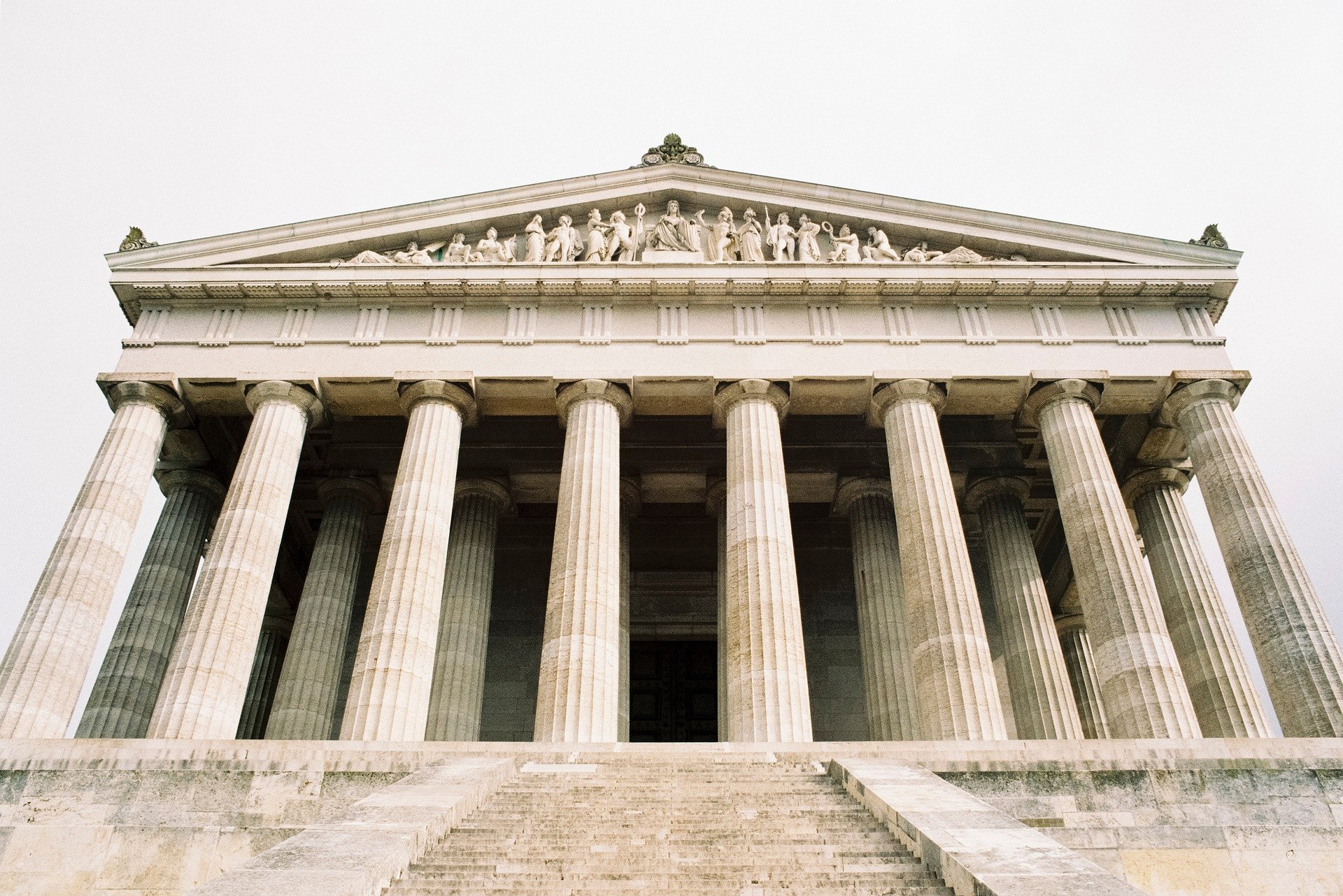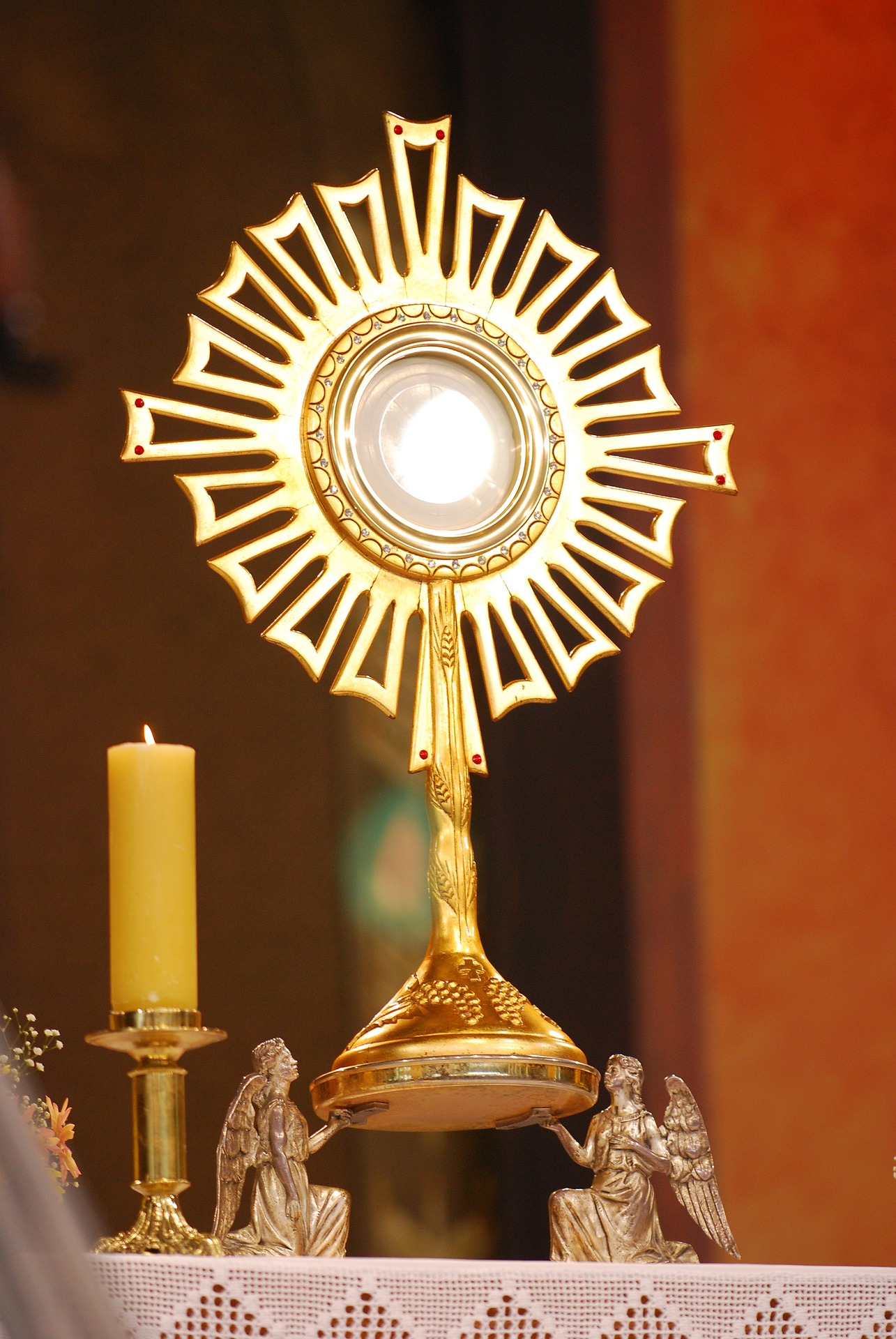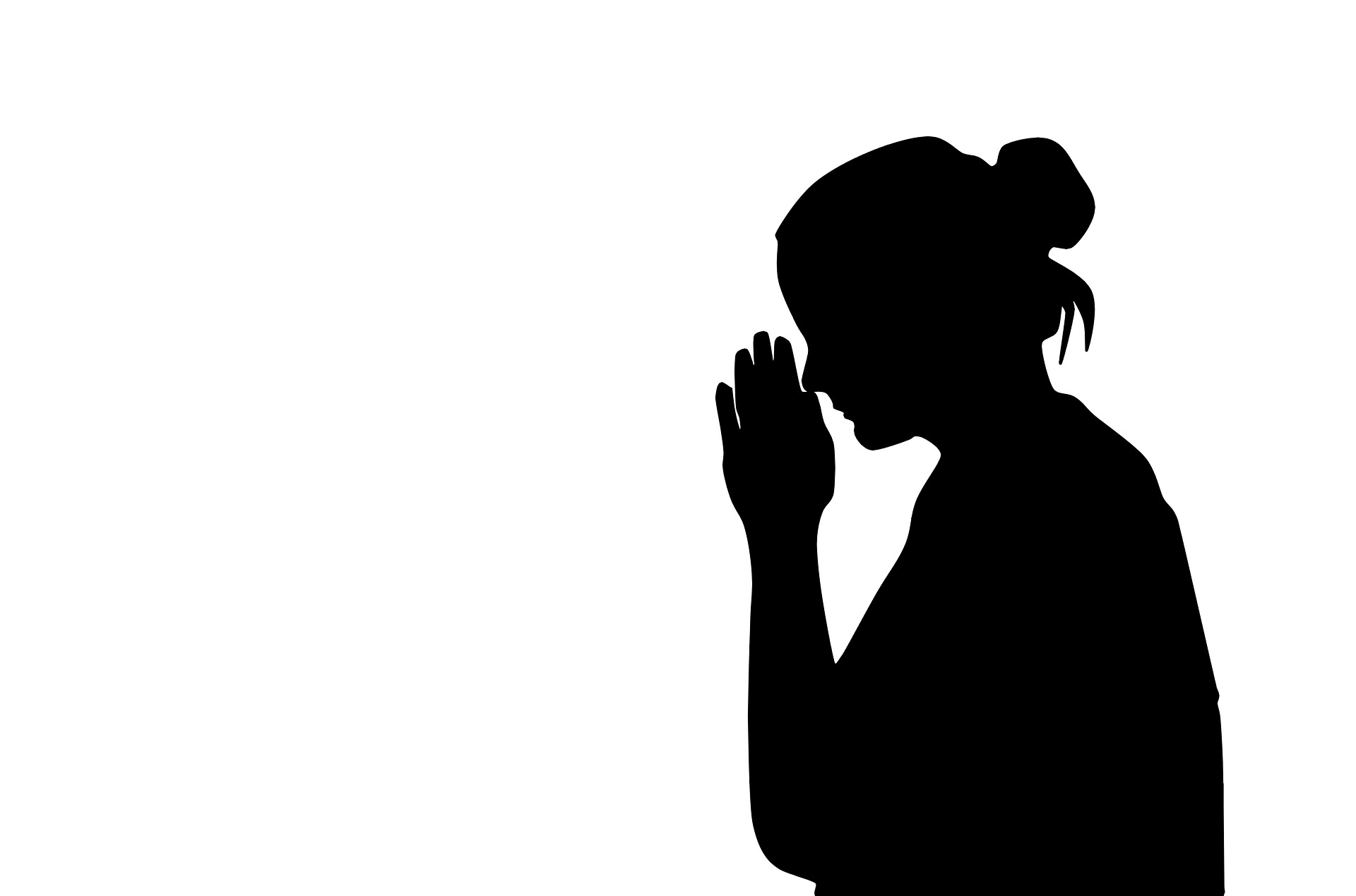While admiring photos of a friend’s daughter I thought that how she feels – the pride, love, and joy – is how God feels about us. Our love for our own children is mirrored in the love of God for us as his beloved children.
I remember my own children as toddlers. Toddlers are uncivilized, irrational, emotional bundles of messiness and dirty diapers and even though I wondered if they would ever be decent enough to be let loose in the world, I loved them deeply. No matter how often they did the same naughty thing, when they said something hurtful to me, or just exasperated me with their childishness, I never didn’t forgive them. I always longed to be in communion with them.
This is how God feels about us only infinitely more. He sees us doing stupid stuff, hurting each other, and being disrespectful to him. He also sees our goodness. He sees how we strive and when we turn our gaze toward him and ask for forgiveness he welcomes us back with joy because we are his children.
God said of Jesus, “This is my beloved Son.” Jesus hadn’t begun his public ministry yet. He hadn’t healed anyone or driven out any demons but God loved him and was pleased. No matter how messy you are or were or will be, you can always, always run to God’s waiting arms like a toddler running to her mother. He will be delighted to have you there. He’s waiting.
Imagine God saying the same of you just as you would of your own child. Be bold and insert your name.
“This is my beloved son/daughter ______ with whom I am pleased.”
God, thank you for creating me to be your beloved child. Help me to rest in your love today.
 Merridith Frediani loves words and is delighted by good sentences. She also loves Lake Michigan, dahlias, the first sip of hot coffee in the morning, millennials, and playing Sheepshead with her husband and three kids. She writes for Catholic Mom, Diocesan.com, and her local Catholic Herald. Her first book Draw Close to Jesus: A Woman’s Guide to Adoration is available at Our Sunday Visitor and Amazon. You can learn more at merridithfrediani.com.
Merridith Frediani loves words and is delighted by good sentences. She also loves Lake Michigan, dahlias, the first sip of hot coffee in the morning, millennials, and playing Sheepshead with her husband and three kids. She writes for Catholic Mom, Diocesan.com, and her local Catholic Herald. Her first book Draw Close to Jesus: A Woman’s Guide to Adoration is available at Our Sunday Visitor and Amazon. You can learn more at merridithfrediani.com.
Feature Image Credit: Ben White, https://unsplash.com/photos/JJ9irt1OZmI











